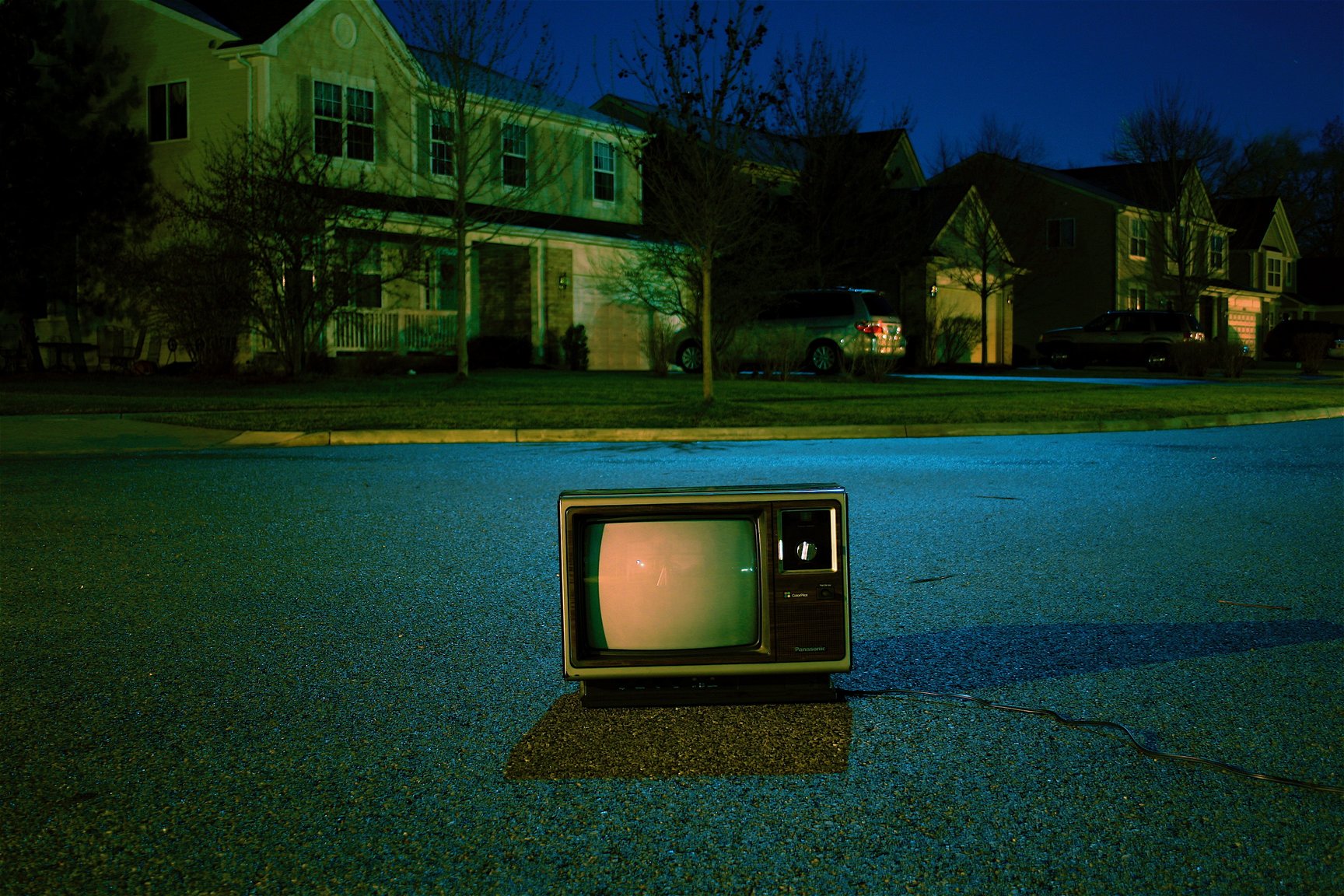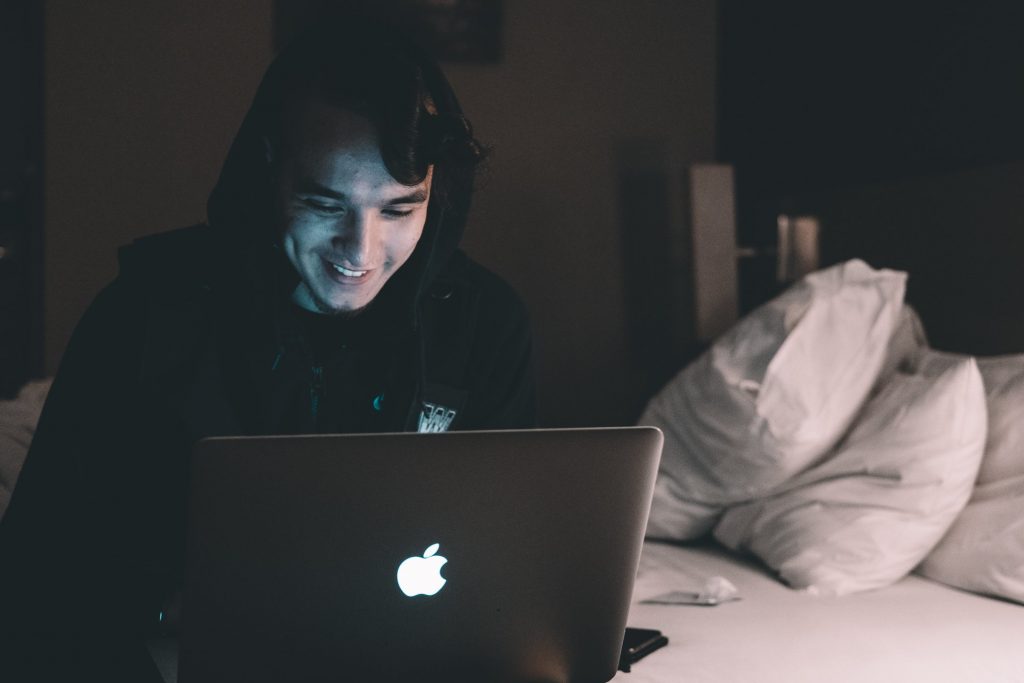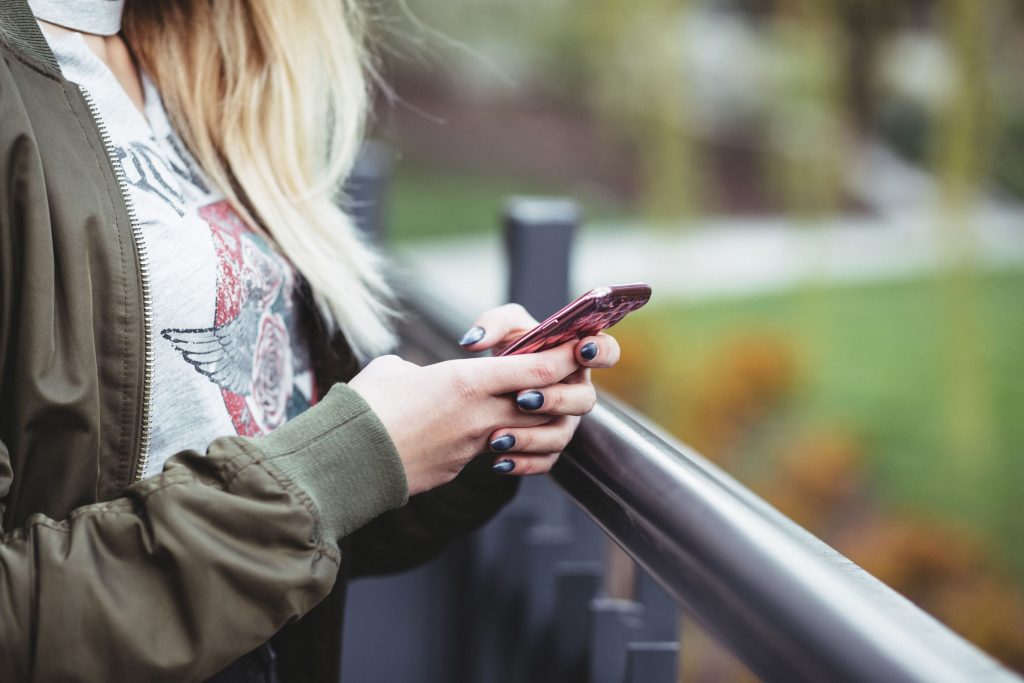
17 Aug 5 Scary Stats That Show We’re STILL Not Getting The Digital Detox Message
It’s that time of year again, Ofcom’s annual Communications Market Report has been published. Last year, they featured the rise of digital detox as a trend (although, we were already well ahead!) For the 2017 report, we were interested to read fresh statistics and research on our online habits and technology use. Sadly, the information in Ofcom’s report shows we’re still not getting the message about unplugging! We’re sharing five surprising statistics from the report that prove it’s time to take digital detox seriously.
Facebook use peaks between 9pm and 10pm
Ofcom recorded that 7% of all Facebook sessions are initiated between 9pm and 10pm at night, and this is the highest use period throughout the day. That means we’re on our phones or laptops in the hour or two leading up to bed, or maybe even in bed! The research also recorded users accessing social apps well after midnight. Using screens late at night greatly impacts our sleep as the blue light emitted from our devices prevents the release of the “sleepy hormone” melatonin. In other words, we remain feeling alert and find it more difficult to get to sleep – a bad combination for getting up the next morning.

53% of teens turn to social media for “alone time”
Traditionally, we turn to telly to switch off after a long day (not a great idea!) Now our teens see social media as an escape mechanism. With all the mental health associations of social media overuse, including a comparison culture in terms of body image and lifestyle on sites such as Instagram, it’s important that teenagers find other ways to unplug too.
34% of people have checked Facebook in the last 10 minutes
Ofcom’s research shows that we’re more addicted than ever to our social feeds. In fact, we open them nearly 13 times a day on our phones, so probably closer to 20 times a day when you take tablets and laptops into account too. How many times are we checking Facebook for a message versus just seeing what’s going on because we’re bored? We call this mindless scrolling – when you’re not taking in the posts you’re reading because you’re not really that interested, but still you can’t tear your eyes away. Soon 30 minutes have passed and you’ve stalked your friend’s cousin’s photos from Ibiza 2015. What else could we be doing to fill this time? (Hint, quite a lot!)

Individuals spent 83 hours online in March 2017
And it’s not just social sites that are drawing us into the internet black hole. Ofcom notes that Google sites, including Google Search and YouTube, were the most visited in March, accounting for 755 million user hours. How much of that time is spent watching yet another life hack or recipe video that you’re never actually going to try out?
32% of adults who ‘binge-watch’ series have lost out on sleep as a result
One of the key takeaways from the report was that ‘the UK has become a nation of binge-viewers”. We’re watching so many back-to-back television programmes that we’re losing out on sleep! 8% of adult respondents went so far to say that their viewing habits made them neglect their job, while 22% of 12-15 year olds say it made them neglect their school work. And 7% of adults said they missed out on spending time with friends and family because of their binge-watching, while the figure was higher at 14% for those aged 12-15. If these facts aren’t good motivation to log off, we’re stumped!

It’s time to take note of digital detox
The conclusion? Ofcom’s fresh new stats show that we need to reflect on our technology use now more than ever. These stats show we’ve fallen into a routine where it’s normal to waste time on social sites and Google by mindless scrolling or looking to this as an escape. They show that binge-watching TV series is taking precedent over sleep, our work and our loved ones. It’s time to make more conscious decisions around our tech time, to be aware of the point at which our screen time moves from productive to wasteful, and wake up to the benefits of digital detox.






Sorry, the comment form is closed at this time.